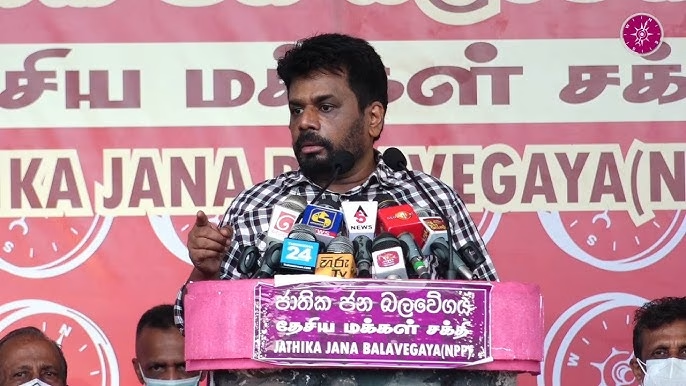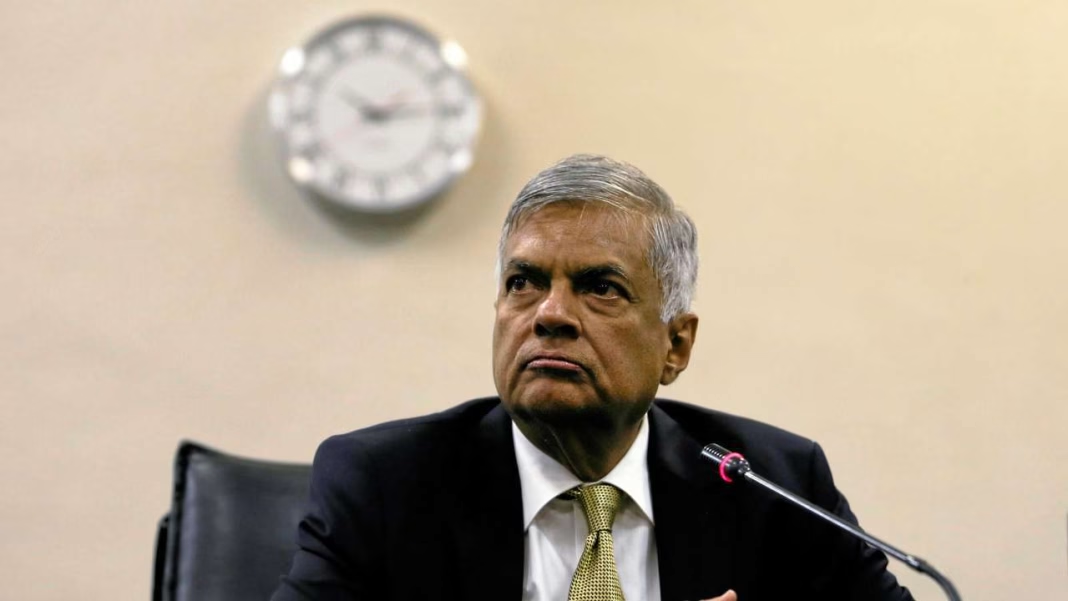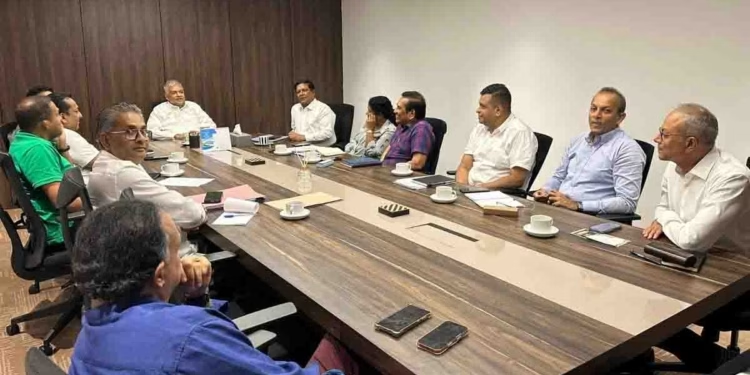The National People’s Power (NPP) administration, which promised a revolution of change and transparency, is now facing serious allegations that it is exhibiting the same traits of old, corrupt regimes, namely the misuse of state resources and authoritarian tendencies. The true extent of the government’s dwindling popularity has been exposed by two major events: the leaked order directing the police to mobilize crowds for President Anura Kumara Dissanayake’s anti-drug rally scheduled for today (November 20) in Tangalle, and the defeat of the NPP-controlled Tangalle Urban Council budget on the very same day.
Defeat at the Political Heart
In a stunning political blow, the inaugural budget of the NPP-led Tangalle Urban Council was defeated today by a 10-9 vote, occurring in the very town where the President is holding his major rally. The Southern Province is a critical political region, and the failure of the budget in their own Urban Council on the day the head of the government arrives for a rally is a clear indicator of grassroots public displeasure. The cross-over vote from a Sarvajana Balaya member to the opposition highlights that the public sentiment is rapidly turning into an adversarial opinion even at the local government level.
The Scandalous Order to Police: Forced Mobilization
Further confirming the administration’s faltering popularity, Parliamentarian D.V. Chanaka exposed a serious revelation: the police have been assigned the responsibility of gathering crowds for the President’s rally. According to the revealed orders issued by Police Chiefs in charge of the Southern Province, police stations across the Matara, Galle, and Hambantota districts have been instructed to bring people under a quota system.
Specific targets, such as 397 people for the Tangalle Police Station, 420 for Beliatta, and 414 for Weeraketiya, clearly demonstrate the authoritarian tendencies of the NPP regime. Even more alarming is the revelation that separate checkpoints have been established to inspect and mark whether police stations have met their assigned quota. This reveals that the government, which promised good governance and the independence of state institutions, is instead abusing the police service as a political tool to forcefully assemble crowds for its meetings and manufacture a false mandate.
Is ‘Purity’ Just a Facade?
This incident confirms the political hypocrisy of the NPP government. On one hand, they criticize the corruption and abuse of power by previous regimes. On the other hand, the act of assigning undignified political tasks to the country’s security forces for their own political gain proves that they are no different from the old system. Revelations that the previous ‘Ilmah Viru’ commemoration event also lacked adequate party supporters may suggest why a police force was deemed necessary for these rallies.
The NPP government must immediately take responsibility for issuing these orders and provide an answer to the nation regarding the compromise of police independence. Failure to do so will solidify their entire ‘project of change’ as the biggest fraud in the eyes of the public.





